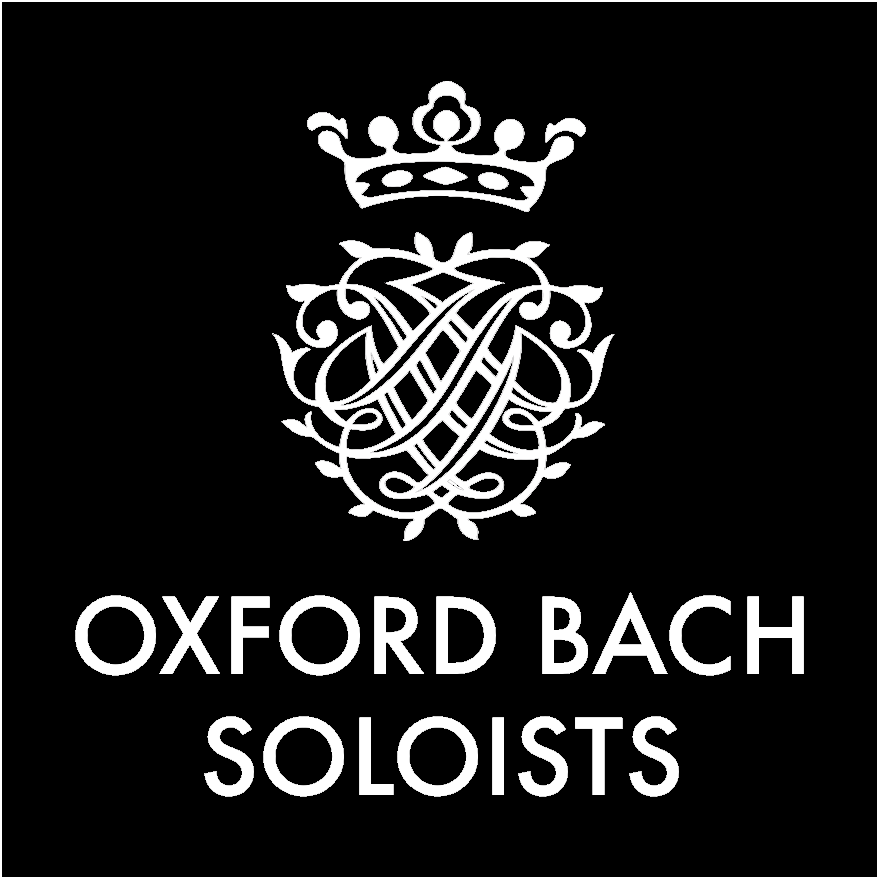News & Features
Performer Focus: Noel Rainbird
In this edition we meet bassoonist Noel Rainbird who at York University did a module on music and poetry and wrote a thesis on Music in the Third Reich. So how did you find yourself specialising in period music? I was studying modern bassoon with Martin Gatt,...
What to expect at our Magnificat concert
Coming up in November from the Oxford Bach Soloists is a concert featuring music by Vivaldi, Bach and Mozart. One of the highlights will be Vivaldi’s glorious setting of the Magnificat. We find out more…
Bach Cantata: Gelobet sei der Herr, mein Gott (BWV 129)
The date of composition of this cantata is uncertain. It seems probable that Bach first performed it either during the 1726 Reformation Festival, which was always celebrated in Leipzig on 31st October, or on Trinity Sunday in the following year. Thereafter the piece took its place among the great chorale-based works of his 1724-25 cycle, where it replaced a non-chorale-based cantata, BWV 176.
Gelobet sei der Herr (Singing the Creed Joyfully)
Johann Olearius’ (1611-1684) hymn ‘Gelobet sei der Herr’ is a quintessential Lutheran chorale.
Celebrate the Reformation with Oxford Bach Soloists
It’s the 500th anniversary of the Reformation and the Oxford Bach Soloists are marking this historic event with a sequence of exciting events towards the end of October…
Performer Focus: Olwen Foulkes
Meet recorder player Olwen Foulkes who has played with Oxford Bach Soloists since 2014 and will be performing in the next exciting concert, Violin Concerto.
Bach’s dazzling concerto
The key work in the next OBS concert is Bach’s dazzling Violin Concerto in E Major with Bojan Čičić as the soloist. We find out a little more about the origins of the concerto.
Performer Focus: Aileen Thomson
Soprano Aileen Thomson is an alumna of St Peter’s College, Oxford. We hear more about her career as a performer both as a soloist and a choral singer.
Meet our Virtuosi for the perfect introduction to Bach’s music
Join the Oxford Bach Soloists for this spectacular concert featuring selections from some of JS Bach’s best-loved works.
Martin Luther and the Protestant Reformation
500 years ago Martin Luther published his Ninety-five Theses which lit the touchpaper of the Protestant Reformation. His criticism of the Roman Catholic Church was propagated with astonishing speed.










